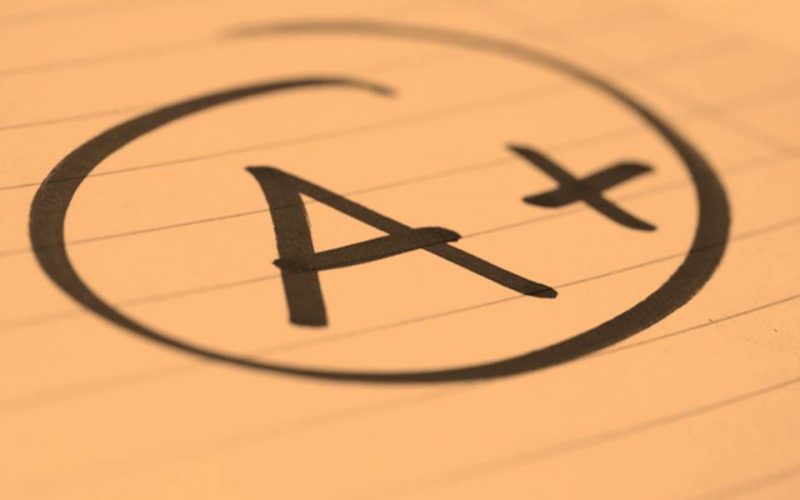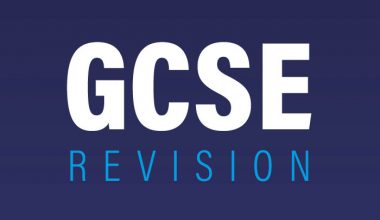A-level results are a culmination of years of hard work, late-night study sessions, and determination. The A-level remark success rate can shape a student’s journey into higher education and future career prospects.
So, it’s A-Level results day! Did you get the grades you were hoping for? Maybe you were just a mark or two off that amazing university offer or that dream course you had your heart set on. This is where A-level remarks, or regrading of exam papers, come into play.
But is requesting a remark genuinely worth the effort? And how long can one expect the process to take? Also, what is the A-level remark success rate? These are all great questions, and we’ll find out in the latter part of this article.
Table of contents
- What is an A-level Remark?
- Pros and Cons of A-Level Remark
- What is the A-Level Remark Success Rate?
- How to Apply for an A-Level Remark?
- How long does an A-level remark take?
- When is the A-Level Remark Deadline?
- Is Getting an A-level Remark Worth It?
- FAQs on A-level Remark Success Rate
- Conclusion
- References
- Recommendations
What is an A-level Remark?
A-level remark, also known as an ‘exam paper recheck,’ is a process by which a student or their school requests a reevaluation of the marks they received for their A-level exams.
A-levels are a set of advanced-level qualifications typically taken by students in the UK and some other countries around the age of 18. If a student feels their exam results do not accurately reflect their performance, they have the option to request a remark.
During the remarking process, the exam board responsible for grading the A-level papers will review the exam scripts again to ensure that the original marking was fair and accurate. This reevaluation could confirm, increase, or occasionally decrease the student’s grade.
It’s important to note that requesting a remark is not guaranteed to improve a grade. The marks awarded in the remarking process could remain the same as the original marks or change in any direction.
See this: The Night Before a GCSE Exam: A Survival Guide in 2024
Pros and Cons of A-Level Remark
Pros
- Possibility of Improved Grade: The most enticing prospect of requesting a remark is the potential for an improved grade. A re-evaluation of exam papers could uncover errors or oversights that might have led to an initially lower grade.
- Impact on University Admissions: A higher grade from a remark could positively influence university admissions, leading to acceptance into a preferred institution or even scholarship opportunities.
Cons
- Risk of Downgrade: Opting for a remark also comes with the risk of receiving a lower grade than the original one. This might impact university admissions and scholarship opportunities negatively.
- Financial Consideration: A-level remarking involves a fee, and students should weigh this cost against the potential benefits of a higher grade.
How much does it cost to get A-Level Remarked?
The cost of getting A-Level remark varies depending on factors such as the exam board, the subject, and the time frame. Unfortunately, there is a fee associated with remarking papers, as the process requires additional work by the exam board.
It’s crucial to double-check the exact cost for a remark based on your specific circumstances, as this information is readily available on exam board websites.
- Standard Remark: £44.40 for each unit or component.
- Priority Remark: £52.85 for each unit or component. This option involves faster processing of the remark.
It’s important to note that these costs are subject to change and may differ for other exam boards. Students considering a remark should always consult the official information provided by their exam board to ensure accurate and up-to-date pricing information.
Related Article: GCSE Remark: All you should know in 2024
What is the A-Level Remark Success Rate?
The success rate of A-level remarks can vary significantly from year to year. The likelihood of a successful grade change through a remarking process depends on many factors, making it essential to consider individual circumstances rather than relying solely on overall statistics.
Data from the government website sheds light on the variability of success rates. For instance, in the last five years, 325 appeals have been received, and 95 appeals led to a change in grades. This translates to a success rate of 29%. Comparatively, the success rate was notably lower prior to the time these appeals were made, at just 13%.
However, it’s crucial to remember that the success of a remark request depends on various factors, such as the subject being remarked, the specific exam paper, the proximity to grade boundaries, and the accuracy of the initial marking.
How to Apply for an A-Level Remark?
Applying for an A-level remark involves following specific procedures set by your exam board. The process can vary slightly between different exam boards, but the steps are similar.
Here’s a general guide on how to apply for an A-level remark:
- Review Results
- Consult Advisors
- Check Deadlines
- Contact Your School
- Complete the Form
- Pay the Fee
- Submit the Form
- Wait for Results
- Receive Revised Results
How long does an A-level remark take?
The duration of an A-level remark can vary depending on several factors, including the exam board, the subject being remarked, the volume of remark requests, and the time of year. Generally, the remarking process takes 3-4 weeks to complete.
However, some factors may impede the process. Find them below.
- Volume of Requests: If there is a high volume of remark requests, it might take longer for the exam board to process and reevaluate all the papers. Busy periods, such as after A-level results are released, can lead to a backlog of requests and longer processing times.
- Subject Complexity: Some subjects may involve more complex marking criteria or longer exam papers, impacting the time required for remarking. For instance, reviewing science or math papers with intricate calculations might take more time.
- Time of Year: When the request is made, the time of year can also influence the remarking timeline. Near the start of a new academic year or during school holidays, the processing times might be quicker than peak periods.
- Priority Option: Some exam boards offer a priority remarking option for an additional fee. This faster processing option could yield results faster but at an extra cost.
- University Deadlines: If the revised results are needed for university admissions or other time-sensitive decisions, it’s essential to consider the application deadlines and plan accordingly.
Related: Why Many Fail GCSE Exams in 2024
When is the A-Level Remark Deadline?
The A-level remark deadline can vary depending on the exam board and the year, as different boards may have slightly different schedules. Generally, the deadline for requesting an A-level remark is a few weeks after the release of the A-level results.
This allows students time to review their results, consult with teachers and advisors, and decide whether to proceed with a remark.
For AQA, standard remarks must be submitted by September 29, 2024, and priority remarks must be submitted by August 24, 2024. Other exam boards have similar deadlines, which change little every year.
You should check with the vital exam board to ensure you have the correct date.
Is Getting an A-level Remark Worth It?
The decision to get an A-level remark is a balance between potential benefits and risks. A remark might be worth considering if you strongly believe that your performance was not accurately reflected in your initial grade and you’re close to a higher boundary.
However, accepting your original result might be more prudent if your grade is already satisfactory and the potential risks outweigh the benefits. Consulting with educational professionals, such as teachers and advisors, can provide valuable guidance in making the best choice for your academic journey.
FAQs on A-level Remark Success Rate
No, there is no standard success rate for A-level remarks. The success rate can differ considerably each year and across different subjects.
Factors such as subject type, the nature of the assessment (essay-based vs. objective), the volume of remark requests, and proximity to grade boundaries can influence the success rate.
If you’re very close to a higher grade boundary and confident in your performance, it might be worth considering a remark. However, remember that success is not guaranteed.
Conclusion
The decision to opt for an A-level remark is weighty, requiring careful consideration of its potential benefits and risks. While the allure of an improved grade is strong, there’s no guarantee of a higher result, and a downgrade is even possible.
The financial aspect and the time to re-evaluate should also factor into the decision-making process. Ultimately, seeking guidance from teachers and advisors and pondering the potential outcomes can aid students in making an informed choice that aligns with their academic aspirations and future goals.
References
- Thinkstudent.co.uk – What is the A-Level remark success rate?
- Thestudentroom.co.uk – A-Level Remark Success Stories
- Whatdotheyknow.com – GCSE and A Level Remark Success Rate






